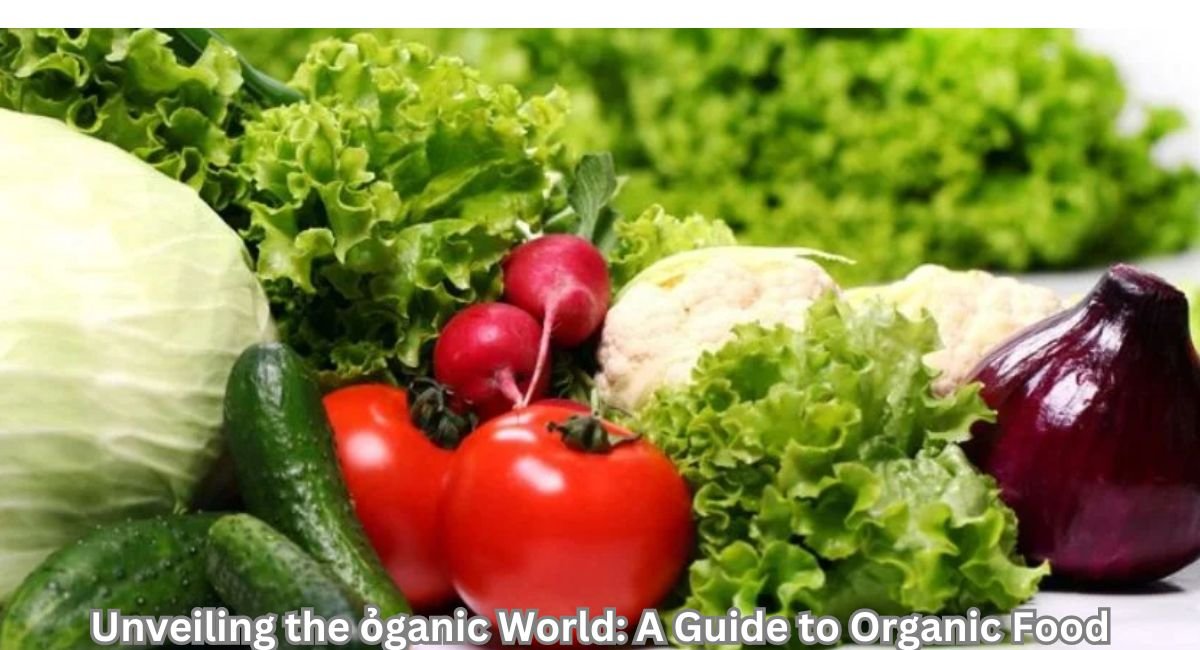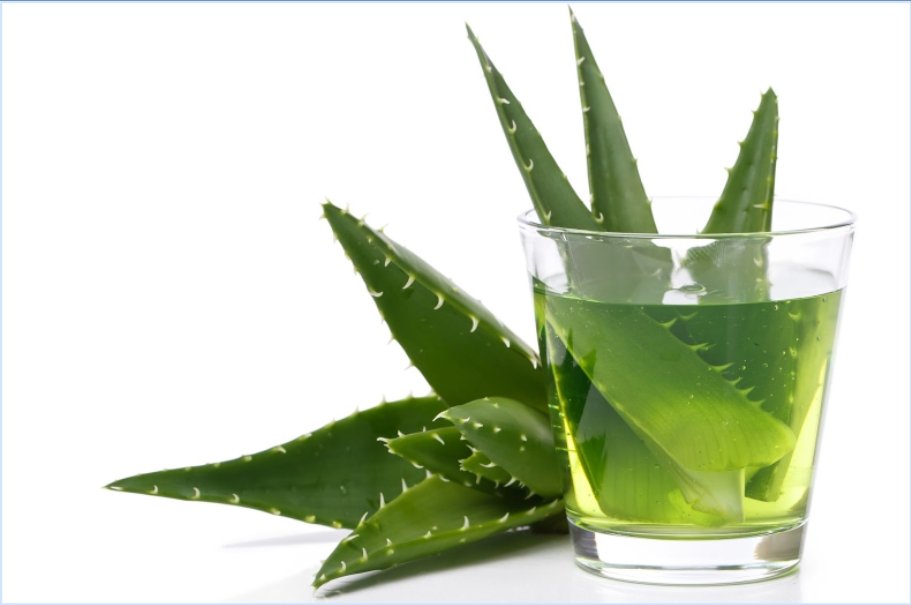Introduction
It is a word that has crept into the daily language of the contemporary world and brands it from apples which we buy from the supermarket to the cotton T-shirts that we wear. But what then is ‘organic’? This comprehensive guide unveils all the fundamental aspects of organic, from definitions, practices, advantages, to the things to note.
Decoding Organic: Understanding the Core Principles
In the context of food and agriculture, the term ‘Organic’ means the production technique, which do not use synthetic inputs. Here’s a breakdown of key organic principles: Here’s a breakdown of key organic principles:
- No Synthetic Pesticides or Herbicides: It farming prohibits the use of man-made chemicals to control pests and weeds. Instead, it relies on natural methods like crop rotation, beneficial insects, and organic pest control solutions.
- No Genetically Modified Organisms (GMOs): ỏganic production avoids genetically engineered crops and animals.
- Focus on Soil Health: Organic practices aim to nourish the soil, fostering a healthy ecosystem teeming with beneficial microbes. This is often achieved through techniques like composting and cover cropping.
- Animal Welfare: Organic livestock farming emphasizes the well-being of animals. Animals have access to the outdoors, are not given routine antibiotics or growth hormones, and are fed organic feed.
- Sustainable Practices: Organic farming promotes practices that minimize environmental impact, conserve water resources, and promote biodiversity.
Unveiling the Benefits of Organic: Why Choose Organic?
Many consumers choose organic for a variety of reasons:
- Potential Health Benefits: Although research is ongoing, some studies suggest that organic food may contain higher levels of certain antioxidants and be lower in pesticide residues.
- Environmental Advantages: Organic farming practices contribute to healthier soil, reduced water pollution from synthetic chemicals, and increased biodiversity.
- Animal Welfare: Organic standards promote better living conditions for animals, which resonates with consumers who value ethical treatment.
- Taste and Quality: Many consumers find organic food to have superior taste and freshness, possibly due to the focus on natural ripening and traditional farming methods.
It’s important to remember that organic doesn’t necessarily equate to “more nutritious.” Many factors can influence the nutritional content of food, including variety, growing conditions, and storage.
Organic Farming Practices: A Glimpse into the Fields
Organic farmers employ a range of techniques to cultivate healthy crops and raise healthy animals:
- Crop Rotation: Planting different crops in sequence helps to disrupt pest life cycles and replenish soil nutrients.
- Cover Cropping: Planting cover crops between seasons protects the soil from erosion, adds organic matter, and attracts beneficial insects.
- Composting: Decomposing food scraps and yard waste creates nutrient-rich compost that feeds the soil.
- Biological Pest Control: This approach uses natural predators and beneficial insects to control pest populations.
- Manure Management: Manure from organically raised animals is composted and used as a natural fertilizer.
- Organic Feed for Livestock: Organic animals are fed organic feed, free from synthetic pesticides and fertilizers.
Challenges of Organic Farming: Organic farming can be more labor-intensive than conventional methods and may yield lower crop yields initially. Additionally, organic products often come with a higher price tag.
A Look Beyond Food: Organic Spreads its Wings
The concept of “organic” extends beyond the realm of food and agriculture. Here are some additional areas where “organic” principles are applied:
- Organic Textiles: Organic cotton, for instance, is grown without synthetic pesticides and fertilizers, making it a more sustainable and potentially less allergenic option.
- Organic Cleaning Products: Organic cleaning products are formulated with natural ingredients and are often gentler on the environment and human health.
- Organic Personal Care Products: Organic cosmetics and personal care products avoid synthetic ingredients and harsh chemicals, potentially reducing skin irritation.
Remember, ỏganic claims can vary by industry. Look for certifications from reputable organizations to ensure a product truly adheres to organic standards.
Understanding Organic Certification: A Mark of Trust
ỏganic certification is a formal process that verifies that products meet established organic standards. This process involves inspections by independent certifying bodies. Look for labels such as USDA Certified Organic (in the United States) or the European Union Organic logo to be confident a product is truly organic.
FAQs
Q: Is organic food always healthier?
A: While some studies suggest potential benefits, research on the health advantages of organic food is ongoing. Both organic and conventionally grown food can be part of a healthy diet.
Q: Are organic products worth the price premium?
A: The decision is personal. Consider your budget, priorities, and the specific product.
Conclusion
To summarize, ỏganic contains a wide range of advantages from freedom from genetically modified organism that are likely to have adverse health effects and denying inhumane treatments to animals, to more environmentally friendly technique in cultivation. As much as there are negatives associated with the use of organic practices, they are positive endeavors that seek to give humanity and posterity a befitting outlook to health.
Finally the choice to select ỏganic is and should be an individual choice. Thus, learning about such principles, practices, and considerations, you will be able to make sound decisions based on your values and preferences. No matter whether you decide to select the organic option for all the products or make the transition to the organic option in less substantial ways, every move towards a better and cleaner tomorrow is a step that will lead us to a much greener planet.






















Leave a Reply